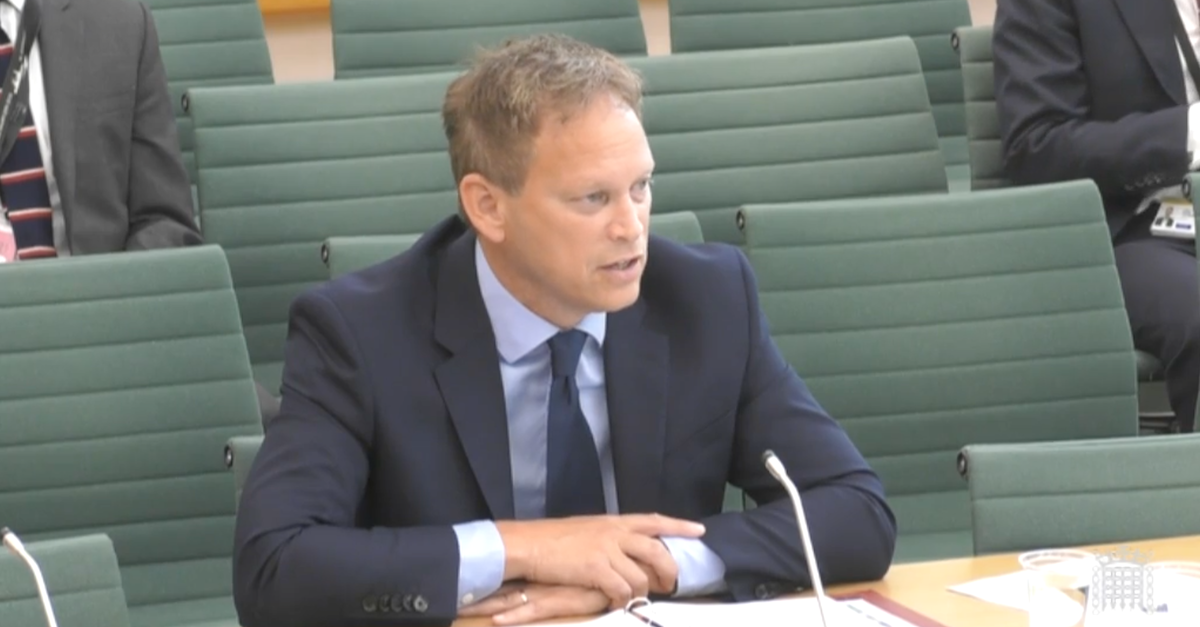You are viewing 1 of your 2 free articles
Grant Shapps calls for P&O Ferries boss to resign
Grant Shapps has called for the boss of P&O Ferries to resign after he sacked 800 staff without notice.
The transport secretary said he “cannot believe” the firm’s chief executive Peter Hebblethwaite could stay in the role after “knowingly breaking the law”.
It comes after Hebblethwaite admitted the company flouted employment law by firing 800 workers without consulting them.
Hebblethwaite also told MPs this week P&O’s new crews were being paid below the UK’s minimum wage apart from on domestic routes, but insisted this was allowed under international maritime rules.
Shapps labelled Hebblethwaite’s actions “brazen and breathtaking”.
Speaking to Sky News, he said: “I thought what the boss of P&O said yesterday about knowingly breaking the law was brazen and breathtaking, and showed incredible arrogance.
“I cannot believe that he can stay in that role having admitted to deliberately go out and use a loophole – well, break the law, but also use a loophole.”
When asked if he was calling for Mr Hebblethwaite to resign, he replied: “Yes.”
Shapps also appeared on BBC Breakfast this morning, saying: “The idea that you come to parliament and you admit that you deliberately set out to break the laws in order to sack your staff and bring in below minimum wage people and that you’ll buy off the staff to do that is quite simply unacceptable.
“They’ve exploited loopholes, they’ve been completely disgraceful and I’m clear that is no way to behave and not the right individual to have at the top of a British business.”
Shapps’ comments come a week after he penned a letter to the chairman of P&O Ferries urging him to reconsider his decision, writing: “It is not too late for P&O Ferries to salvage this situation.”
More: Grant Shapps urges P&O Ferries to ‘reconsider’ shock firing


















